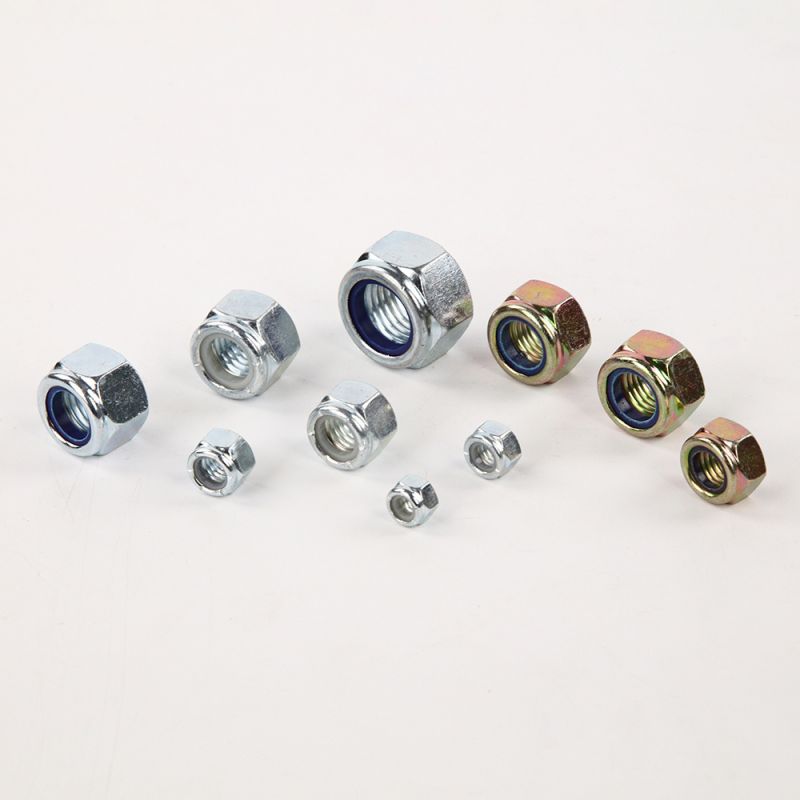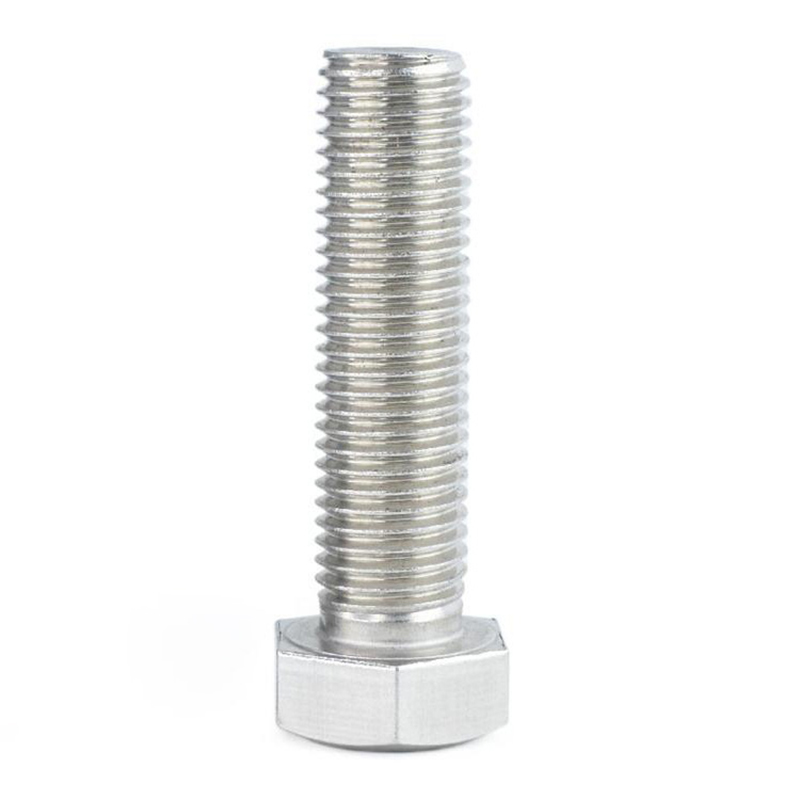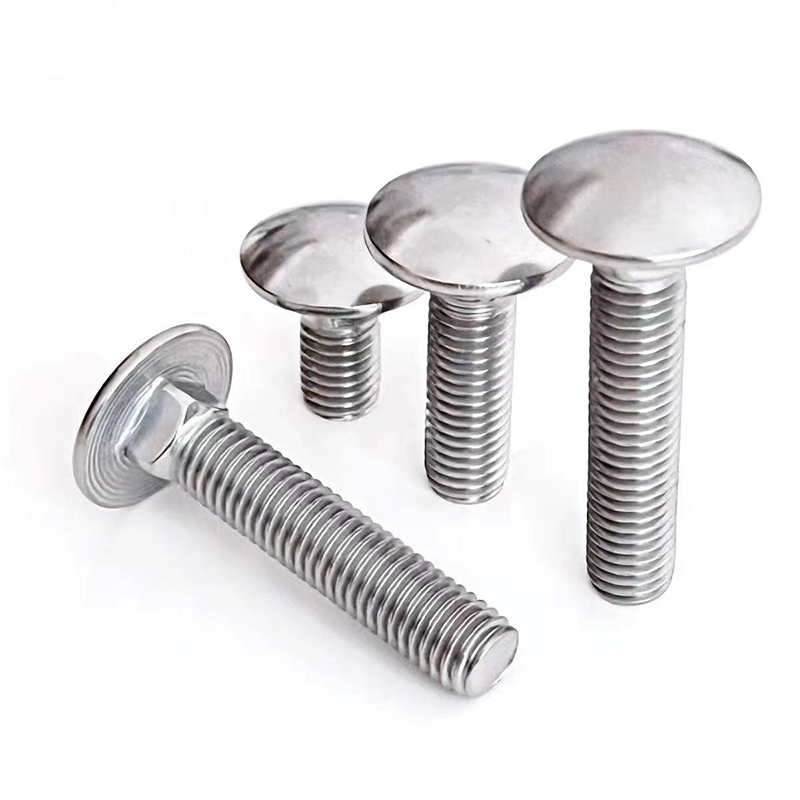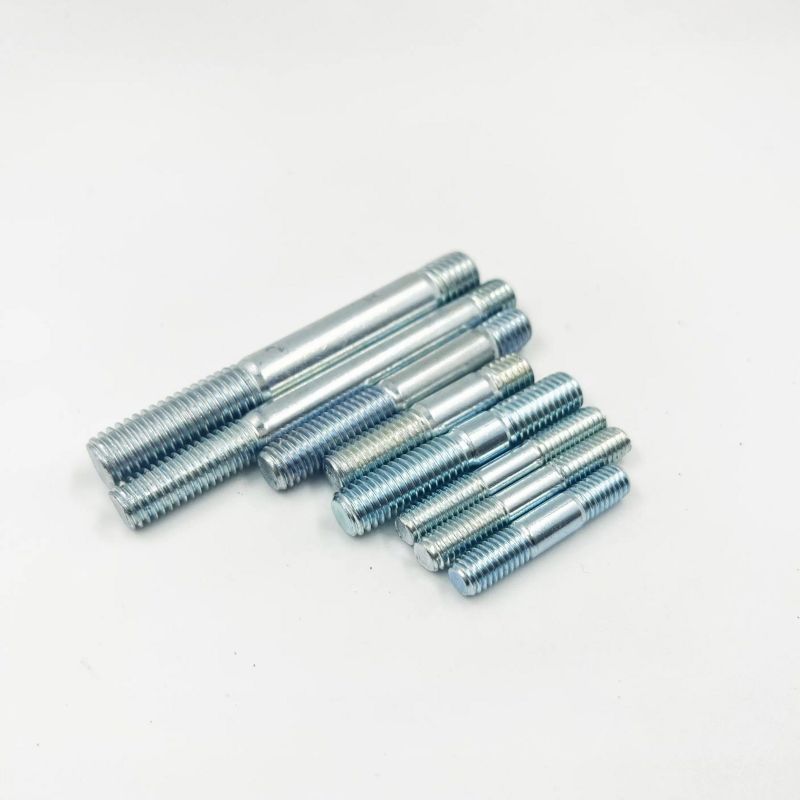Spring Washer

Spring washers, also known as spring washers, are common mechanical fasteners used to prevent nuts or bolts from loosening when subjected to vibration or other external forces. They generate a continuous preload through their elastic deformation, ensuring a tight fit between the nut and the connected component, thereby improving the stability of the mechanical connection.
What is a spring washer?

Spring washers, also known as spring washers, are usually round with one or more openings in the middle, forming a spring-like structure. This design gives it a certain degree of elasticity!
The main function of the spring pad

Anti-loosening Function
The most basic and important function of a spring washer is to prevent loosening. After the nut is tightened, the spring washer is flattened, generating a continuous spring force. This creates friction between the nut and bolt threaded connection, generating a resistive torque and preventing the nut from loosening. Furthermore, the sharp corners of the spring washer's opening dig into the surfaces of the bolt and the connected part, preventing the bolt from rotating relative to the connected part.
Anti-vibration Function
Spring washers also provide excellent anti-vibration properties. When subjected to vibration or impact, the spring washer's elasticity absorbs some of the energy, reducing the impact of vibration on the bolt connection and further preventing loosening.
Increasing Preload
Spring washers can increase the preload of the bolt, thereby improving the stability of the connection. When the bolt clamping length is short, bolt stress relaxation is more pronounced. Using a spring washer can compensate for this stress relaxation.
Common materials for spring washers
Carbon Steel Material
Spring washers are typically made from materials such as 65MN spring steel, 70# carbon steel, and 3Cr13. Stainless steel (such as SUS304 or SUS316) or phosphor bronze can also be used. They come in a variety of sizes, including M3, M4, M5, M6, M8, M10, M12, M14, and M16. The national standard GB/T94.1-2008 specifies the technical requirements for spring washers in sizes from 2 to 48 mm.

Stainless Steel
Common materials include 304, 304 (18-8), 316, and 316L. Stainless steel offers advantages such as corrosion resistance, rust resistance, high precision, a smooth, burr-free surface, excellent toughness, and resistance to breakage. However, it is relatively expensive.

Phosphor Bronze Material
Phosphor bronze has excellent yield strength and fatigue strength. It maintains good elasticity and shape even under long-term use and pressure, and is not easily deformed or damaged. This allows spring washers made from it to better exert their elasticity and ensure the tightness of the connection.

Precautions for use

Although spring washers have a locking function, they may not be as effective as specialized lock washers, such as double-stacked self-locking washers or nylon lock nuts, in certain high-vibration, high-impact, or high-temperature environments. Therefore, when selecting a lock washer, it is important to consider the specific application environment and requirements.
In summary, spring washers are an economical, easy-to-install anti-loosening fastener widely used in various mechanical products. They prevent nuts from loosening by providing preload and increasing friction, ensuring the stability of mechanical connections. However, for special circumstances requiring anti-loosening, other more specialized anti-loosening solutions may be necessary.









